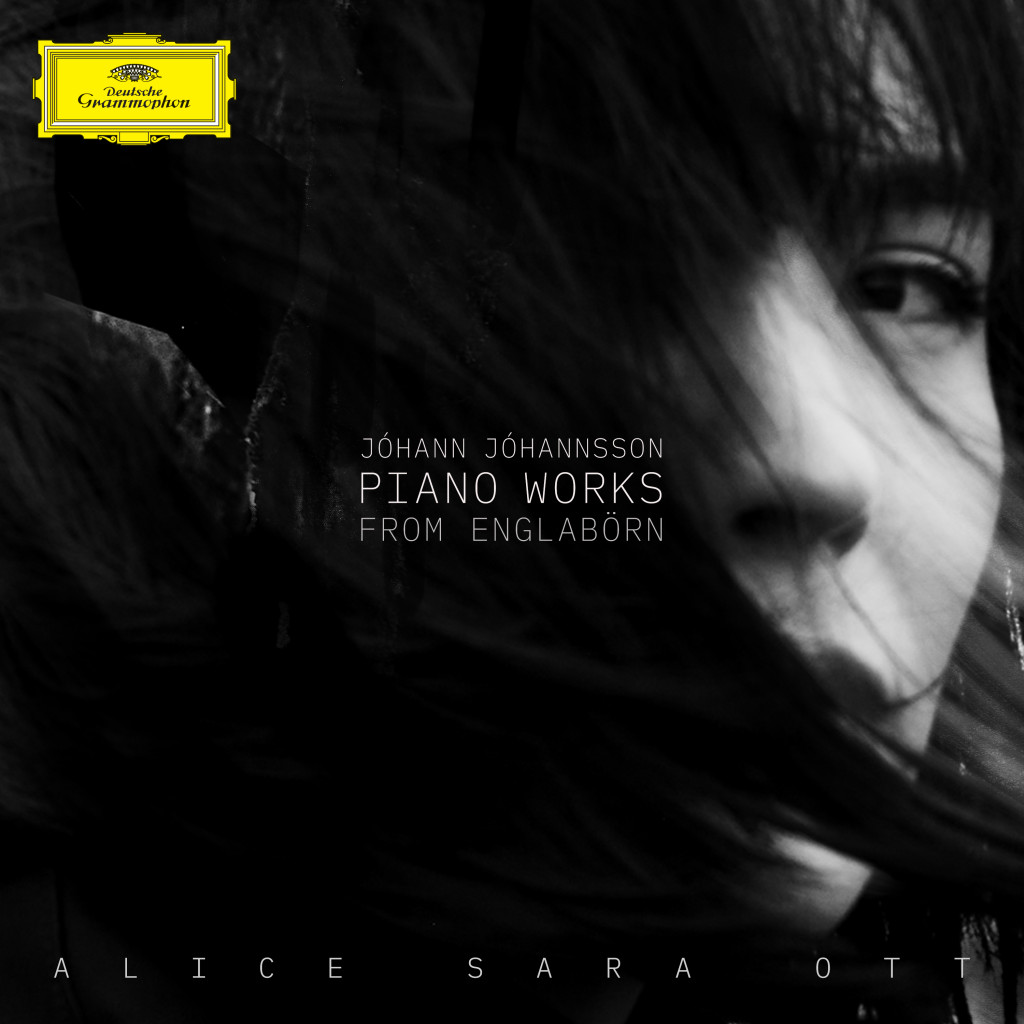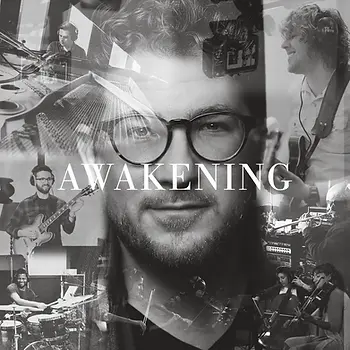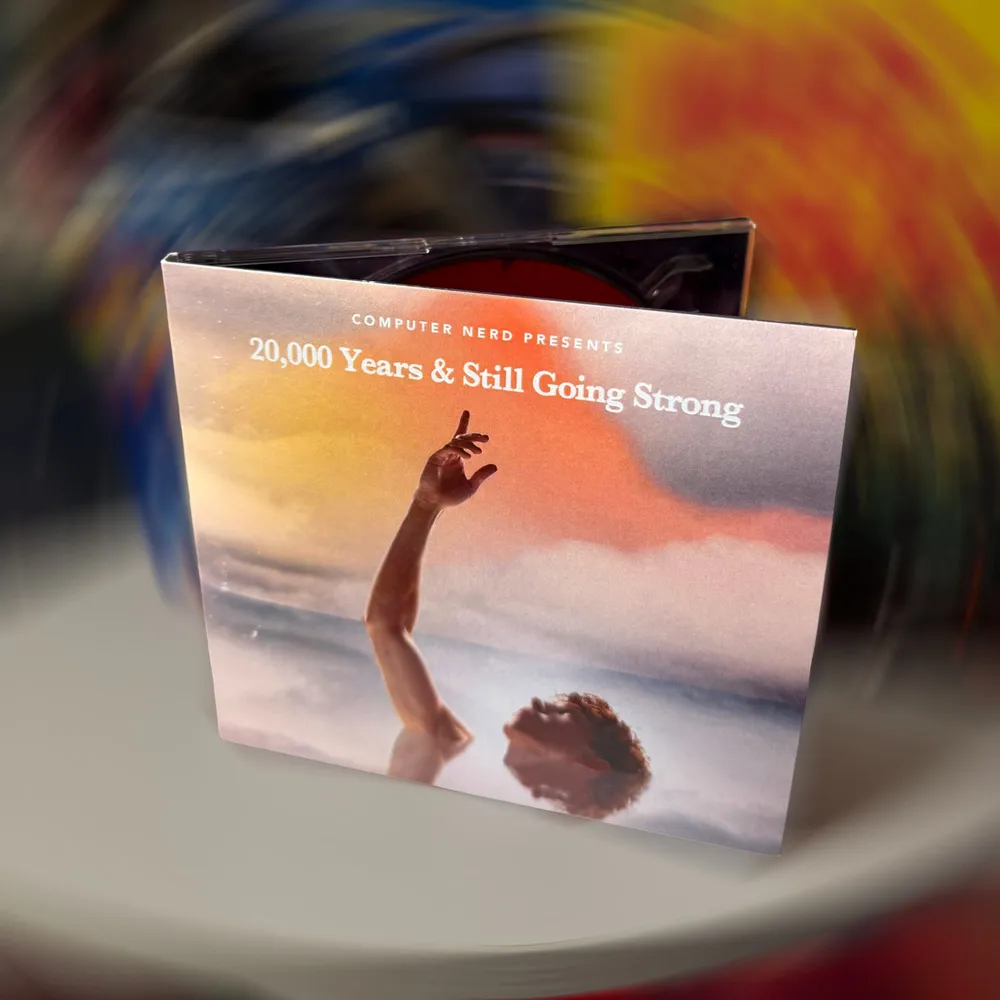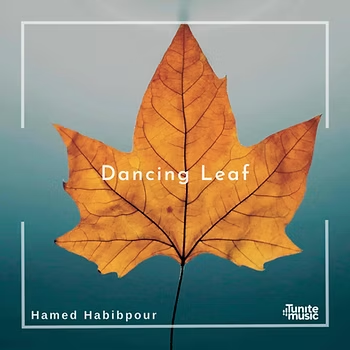
Somber thoughts turned into notes, a beautiful manifestation of pain. Frederic Chopin once said, “Sometimes I can only groan, and suffer, and pour out my despair at the piano!” This sentiment resonates deeply with Allen Constantine’s latest album, “Little Arguments”. It’s not just music—it’s emotion transmuted into sound, an expression that transcends words. As the title of the third track so aptly suggests, “When Words Fail, Music Speaks,” and Constantine speaks with music in ways that words alone could never convey.
In “Little Arguments”, Allen Constantine delivers a profoundly evocative set of ten instrumental pieces. Each composition feels like a deeply personal journey, moving between melancholy and hope. Blending classical and electronic elements, the album features a rich tapestry of synths, strings, acoustic instruments, and subtle electronic effects. This fusion creates a soft yet dramatic sound that feels timeless, combining modern textures with the harmonic sensibilities of classical music.
Constantine’s ability to meld these two worlds is a testament to his versatility as a composer. Educated in classical music at the University of Theatre and Arts in Bucharest, his background is evident in his masterful control of form and harmony. However, much like contemporary composers Max Richter and Ólafur Arnalds, he brings a modern edge to his work. His music is accessible but layered with complexity, revealing its deeper meanings on repeated listens.
One of the most striking aspects of “Little Arguments” is its cinematic quality. Many tracks feel like they belong in a film, with a narrative drive that carries the listener through each emotional peak and valley. This is especially true of pieces like “The Burden of Thoughts,” where the heart-stabbing violin solo pulls you into a world of introspection, or “Love, Hate, and More,” with its driving percussive movements. Constantine’s music follows the tradition of program music, where themes develop, collide, and evolve, creating a sense of unfolding drama.
A unifying theme runs throughout the album, with many pieces subtly referencing the same core musical motifs. This repetition lends the album a sense of cohesion and continuity, with each track feeling like a chapter in a larger narrative. Even though each piece stands alone with its unique emotional arc, together they form a broader, more complex story.
With “Little Arguments”, Allen Constantine has achieved something special. While his compositions are rooted in classical tradition, they carry the influence of modern composers such as Jóhann Jóhannsson and others, yet remain distinctly his own. From the lush, organic tones of Elliot Kempton’s acoustic strings to the intricately programmed electronic sounds, Constantine has crafted an album that feels both intimate and grand, deeply personal yet universally relatable.
In the end, I want to personally praise Allen. His music moved me deeply, and I believe my favorite track on the album, “Tomorrow’s Illusion,” is a contemporary classical masterpiece. The sorrowful solo violin, with its flawless performance and arpeggio-like melody, is painfully beautiful. The dramatic development of the piece, starting with the piano playing a pianissimo note and gradually building up to a full string orchestra before tapering back down, all while maintaining a minimalist style, is simply stunning. Listening to this album, especially this piece, is an incredible experience, and I hope you enjoy it as much as I do.

#AllenConstantine #LittleArguments #ContemporaryClassical #ModernClassical #Neoclassical #InstrumentalMusic #ClassicalMusic #CinematicMusic #EmotionalMusic #ViolinSolo #PianoMusic #SoundtrackVibes #MaxRichter #OlafurArnalds #MusicReview #AlbumReview #NewMusic #MusicLovers #MinimalistMusic #EpicSoundscapes #TomorrowIllusion #MelancholyMusic







